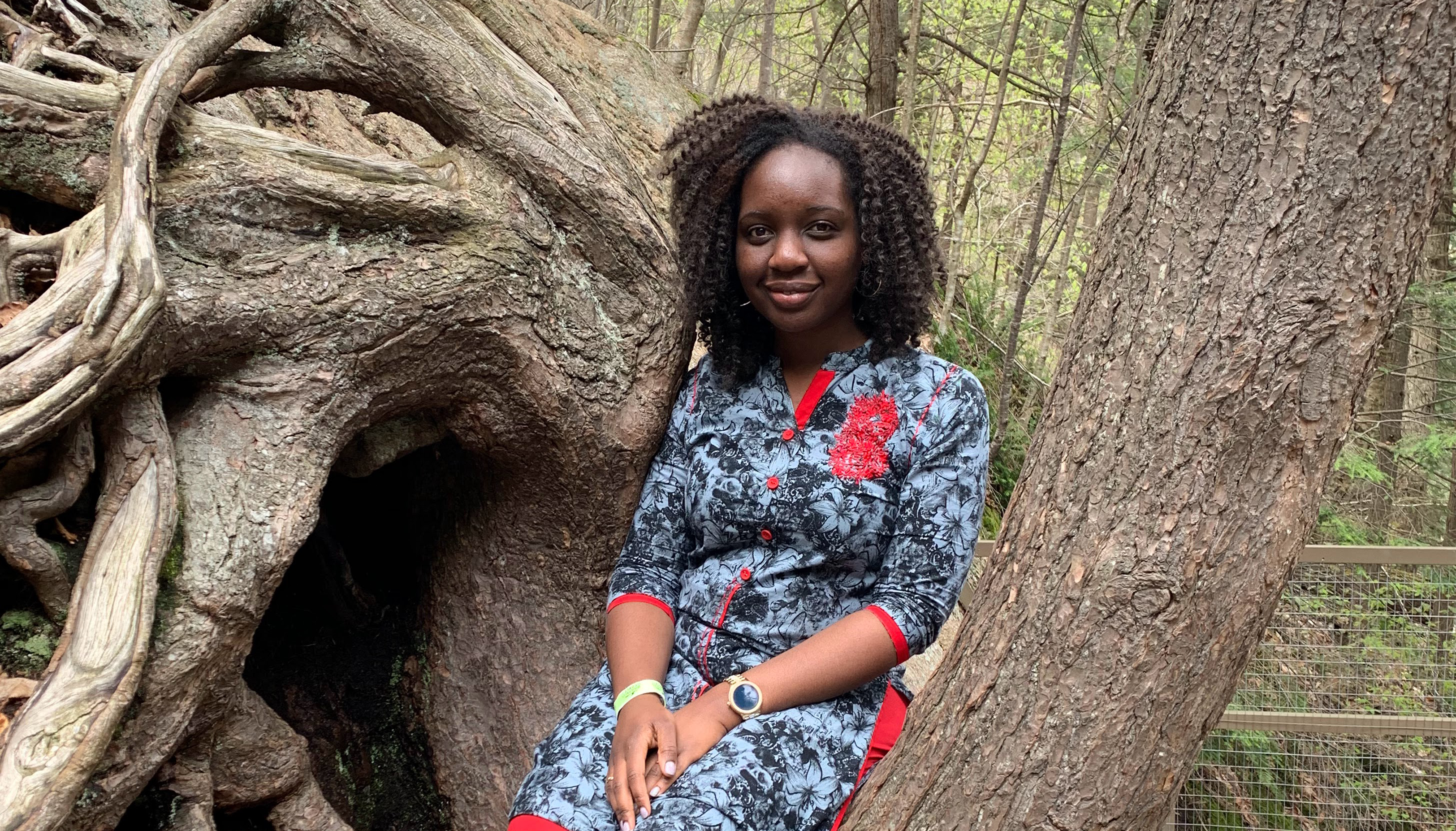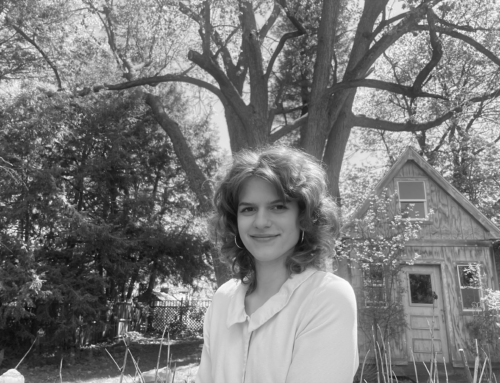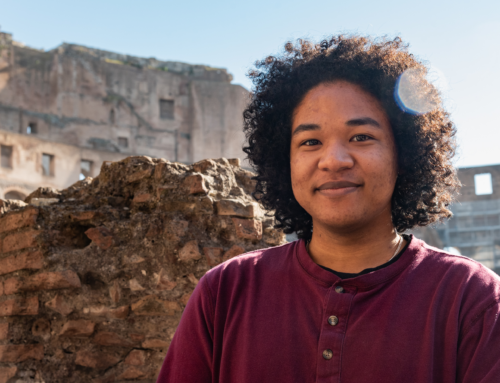After receiving her bachelor’s degree in computer science from Spelman College in Atlanta, Georgia, Ropafadzo Denga found her way to Rensselaer Polytechnic Institute, where she completed her master’s degree in cognitive science and will receive her Ph.D., also in cognitive science, this summer.
In 2013, Denga was one of only 10 students from high schools across the African continent to receive the Spelman College Ambassador Andrew Young International Scholars Program scholarship award. Based upon high academic achievement, leadership skills, and strong character, those chosen received full scholarships to Spelman.
During her college career, Denga also received a first place award for the most innovative project at Spelman, as well as first place for a research presentation. She was one of 31 students from historically Black colleges to be awarded a scholarship from the Apple and Thurgood Marshall College Fund, and she received a Diversity and Inclusion Conference Award from the Cognitive Science Society, among other awards.
The award that meant the most to Denga was the Graduate Merit Scholarship from the Alpha Kappa Alpha Educational Advancement Foundation. “My application was judged by people who know nothing about my field. I had also reached the stage in my research where I was clear on what I was doing and what my contribution to science would be, and it felt rewarding to have that recognized,” she said.
Denga applied to Rensselaer to work with Dr. Wayne Gray, professor of cognitive science, because of his “pioneering work to understand goal-oriented cognition and decision-making that occurs at levels beneath conscious control,” she said. She communicated via email with him how her research interests tied in with the work that goes on in his lab, and they worked to refine her research topic together.
Denga’s dissertation investigated “if playing the video game Tetris leads to enhanced cognitive abilities as measured by different cognitive tasks.” Her results showed that playing Tetris did enhance attention and reaction time, and she hopes to uncover the reason behind that.
During her time at Rensselaer, Denga has found building relationships with different people has helped her evolve as a person. She said during the height of the pandemic, when it was a tough time to be a student, she needed to adapt and think through how to best engage students as a teaching assistant.
“I learned to ‘shoot my shot,’” she said. “I think we have this idea that everyone else knows what they are doing and we’re the only ones trying to figure it out.” But she said she learned to believe in herself and to “just go for it.” Sometimes things work out and sometimes they don’t, but either way we can learn as we go.
After Commencement, she will begin work with Exponent Inc. as a human factors scientist.




